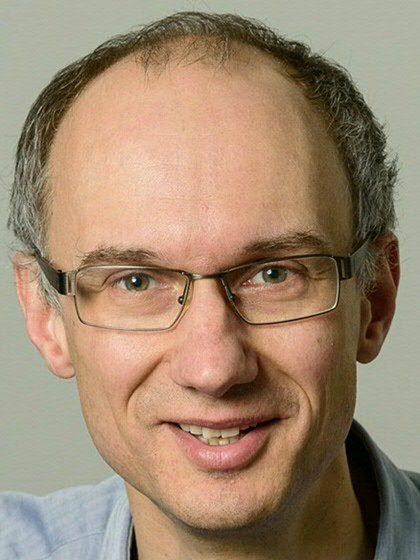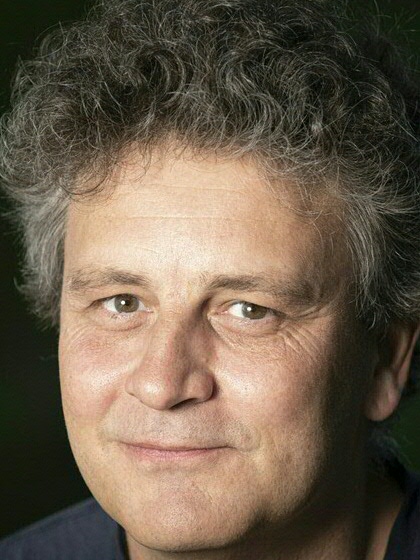Boudewijn de Bruin and Bernard Nijstad receive NWO grants
The Dutch Research Council’s (NWO) Social Sciences and Humanities Domain Board has awarded grants to professor Bernard Nijstad and professor Boudewijn de Bruin.

Fighting fake news and stereotype
Boudewijn de Bruin, a professor in Financial Ethics at FEB, will receive almost € 700 K for his research into fake news. “COVID-19 myths on social media, climate change denial in parliament, sexist stereotypes in business – irrational and sometimes outright false beliefs have become an unmistakable societal concern. We will develop theoretical and practical tools to counter fake news and prejudice in individuals and organizations. In this project, philosophers will collaborate with social scientists, policy makers, and the private and non-profit sector”, De Bruin explains.
“This project is unique in that we'll carry out very foundational research on what ethicists call non-evidential beliefs, and at the same time work on super practical applications with various partners in the private and public sector. This makes the grant immensely useful to business ethics research.”

Implications for gender inequality in organizations
Bernard Nijstad, professor at FEB’s department of Human Resource Management & Organizational Behavior, will work together with professor Mark van Vugt (VU, Amsterdam) in his new research project. They have received € 750 K for their research project, in which they will investigate the gender ratio and power dynamics in mixed-gender teams.
Nijstad explains: “To increase the influence of women in the top of their organizations, many countries, including the Netherlands, have introduced gender quota. However, we do not really know how changes in gender ratio (the number of women versus men) affect the relative influence of women in decision making bodies. We examine this question from a new perspective, assuming that individuals (men and women) acquire influence in a dynamic way by claiming and granting it. We also investigate how these dynamic processes eventually affect the opportunities of women versus men for promotion within organizations.”
“I much look forward to this project, also because it involves a unique combination of methodologies. We will employ laboratory studies that look into gender dynamics in great detail, surveys in organizations that look at consequences for careers of men and women, analyses on national data, but also agent-based models that can be used to precisely examine the dynamics in mixed-gender teams. In all, this research will shed new light on gender inequality.”
For more information, please contact Boudewijn de Bruin and Bernard Nijstad.
More news
-
09 December 2025
Are robots the solution?
-
10 November 2025
Decentralization of youth care
